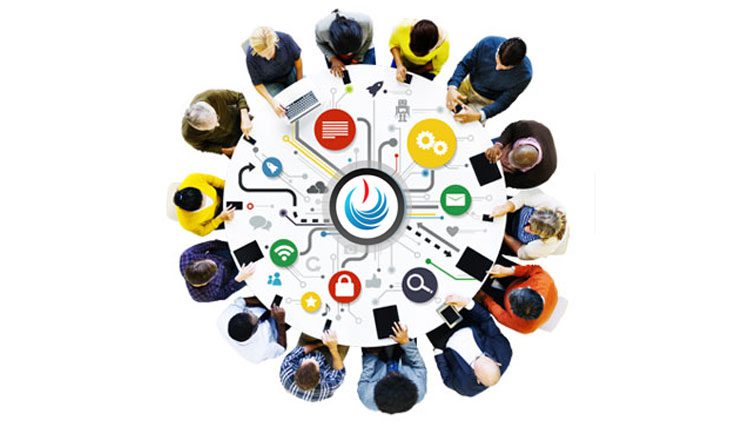Medical and Mental EHR Interoperability
Although almost half the American population will suffer from a mental health disorder at some point, less than two-thirds of those people will receive any mental health treatment. The stigma associated with mental illness interferes with the ability of mental and behavioral health services providers to engage fully with medical teams. One of the primary factors that unintentionally reinforces this stigma is the lack of compatibility between behavioral health care software and other electronic health records.
A Challenging EHR Migration
Since 2013, when the country began in earnest to migrate health records from paper to digital formatting, mental and medical services providers have struggled with myriad technical challenges. The following difficulties compound every health care professional’s capacity to best serve patients:
- Not all programming is the same, and many EHR programs don’t integrate well or at all with the programming of competitors.
- The resulting “siloing” of data within proprietary walls has impeded full communications between providers serving the same patient.
- Without shared patient data, there is no way to coordinate care to effectively integrate the services needed from all relevant providers.
Mental Health Providers Struggle More
For patients who suffer from behavioral health issues, the challenge to stay successfully connected to both their mental health and medical care teams is even more challenging. For example:
- People with psychological or emotional difficulties often don’t seek treatment from a single trusted provider, instead relying on help from emergency or urgent care facilities. This safety net of mental health services responds to immediate needs but often lags in adopting digital innovations because of the high cost of doing so, even though patients would benefit greatly from increased engagement and care coordination.
- When primary care providers do engage with their patients’ mental health concerns, their administrations are often concerned about breaching privacy laws by sharing mental health data with others on the health care team.
In short, the lack of communication between mental and medical health care providers, coupled with the lack of interoperability between medical and behavioral software, creates a gap in mental health services that will have a severe negative impact on a large part of the American population.
HIMSS Announces Funding for Coordination of Mental Health EHRs
Medicaid recognizes the challenge and is offering a viable response. Currently, 72 million U.S. citizens are Medicaid patients who receive behavioral and emotional support services. At the March 2016 Health Information and Management Systems Society Conference in Las Vegas, Andy Slavitt, then-acting administrator for the Centers for Medicare and Medicaid Services, commented that the federal agency intended to connect “the parts of the system that are not part of the incentives programs … long-term care, behavioral health and substance abuse providers.” At the time, the discussion centered on ensuring private yet robust digital connections for mental health providers through statewide health information exchanges. By creating a more comprehensive health care team, all providers would be able to serve their common patients better while taking full advantage of government resources.
Mental Health EHR Programming Connects Providers
There is no way to know if or how Medicaid officials will act on their March 2016 comment, considering the state of the national discussion around health care. However, the fact that the medical authority recognizes the challenge suggests that there might be movement on the topic sooner rather than later.
Ergo, mental health providers who actively engage with high-quality EHR programming will be well set to work with whatever opportunities HIMSS might generate. At MedEZ, we provide comprehensive behavioral and psychological EHR technology that optimizes all aspects of mental health records keeping, from substance abuse billing to behavioral treatment notes, enabling appropriate sharing with members of mental health patients’ medical care teams.



Leave A Comment
You must be logged in to post a comment.